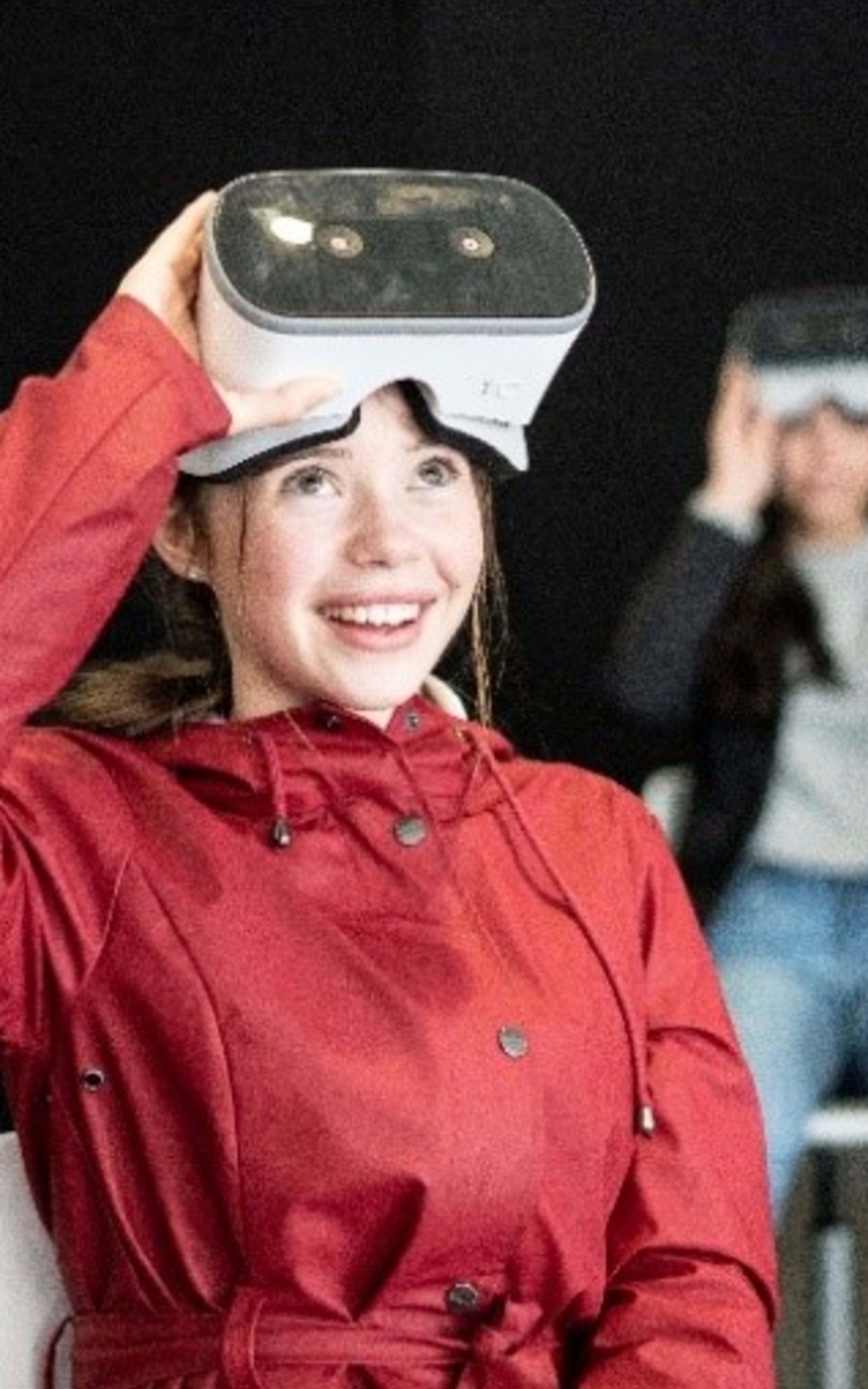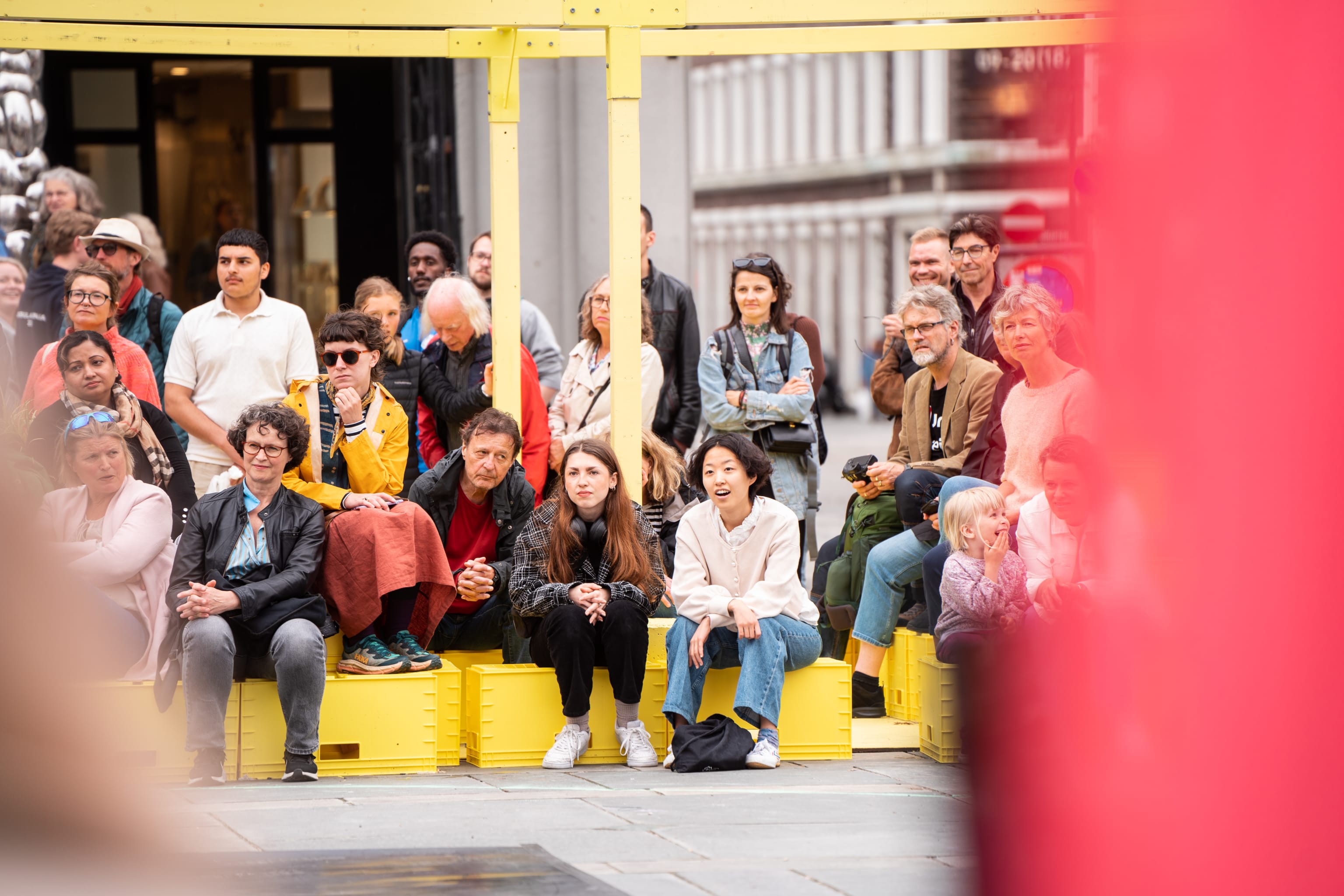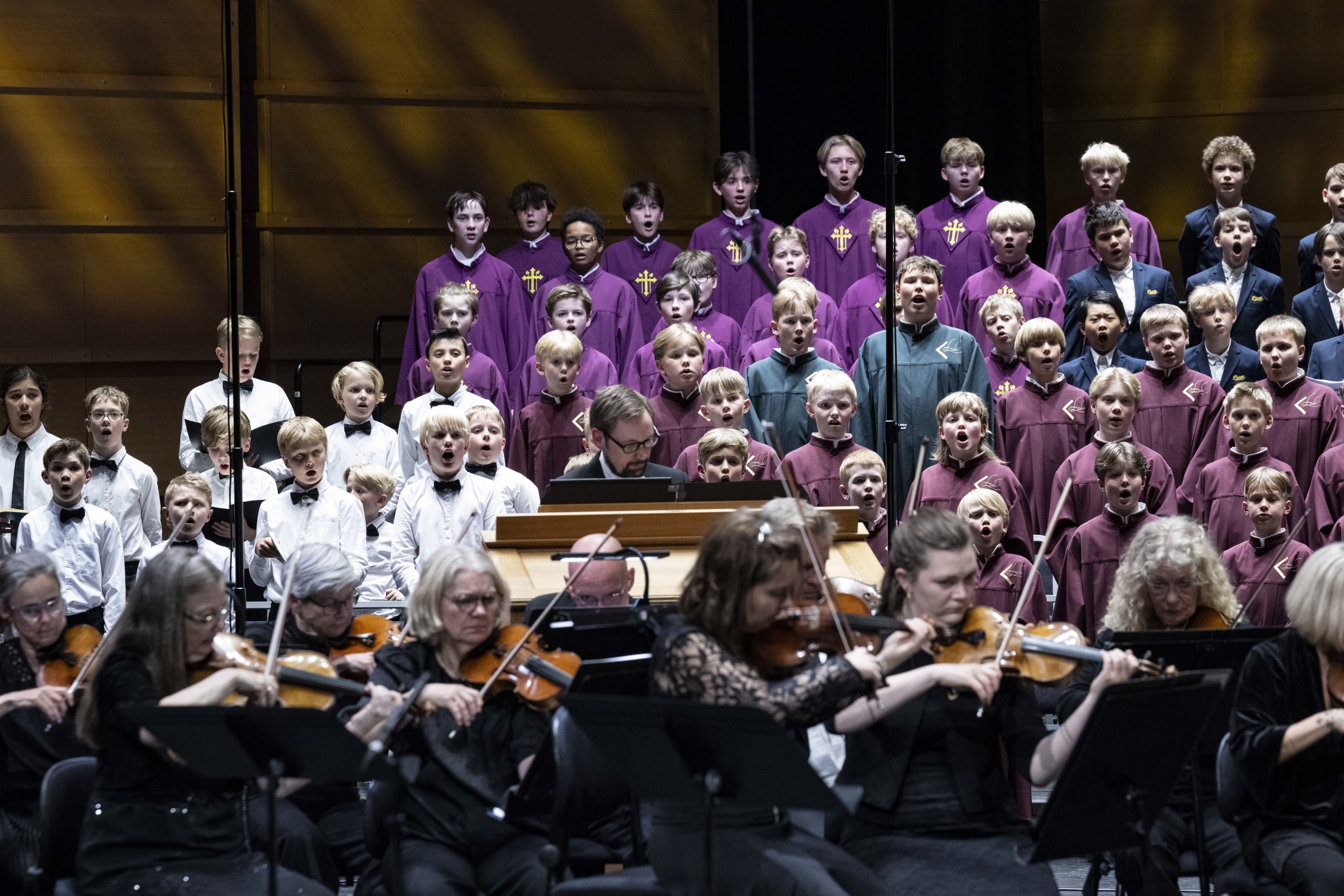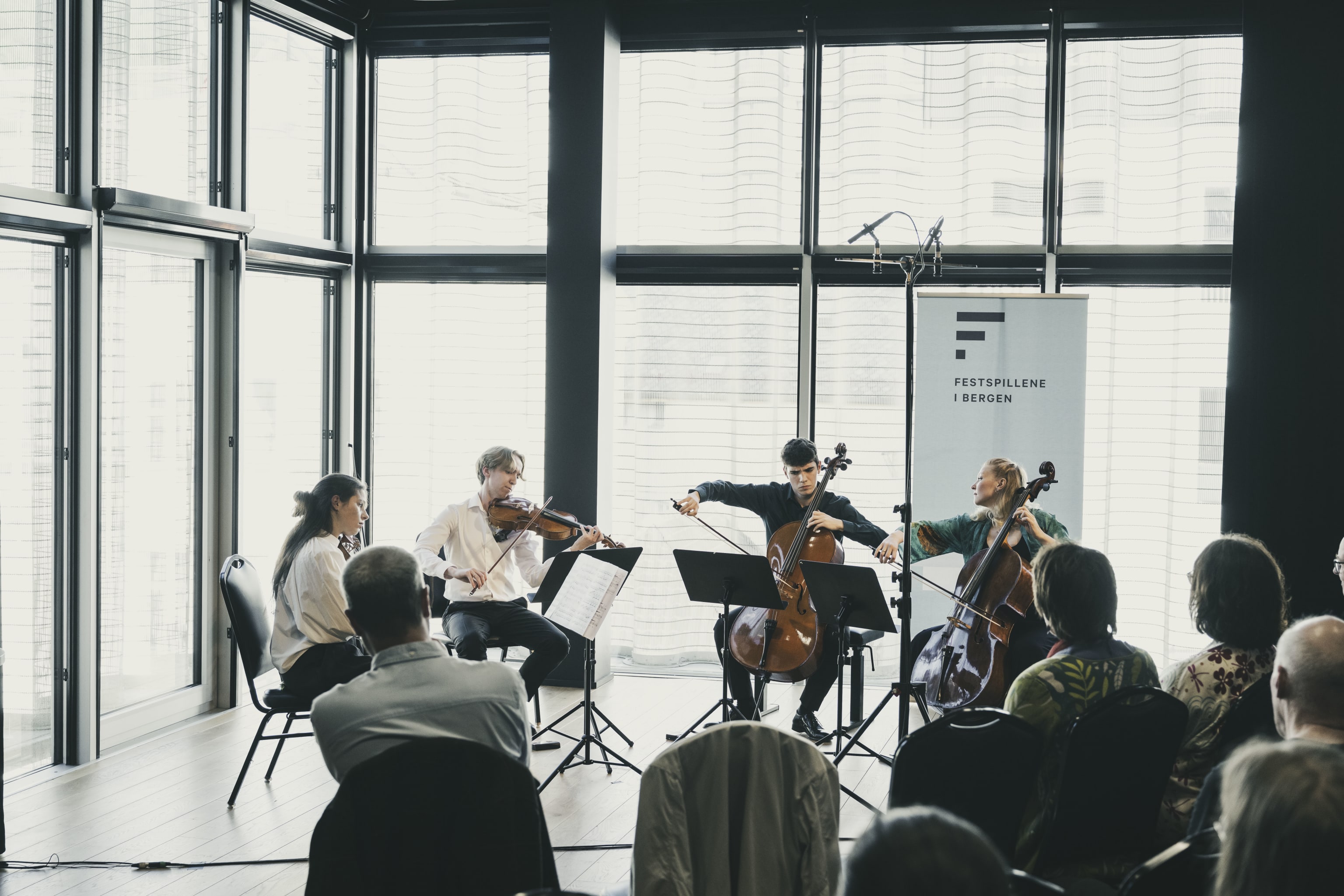
75 000 visits for the Bergen International Festival
- Home
- Festival
- 2020-and-before
- Articles
- 75 000 Visits For The Bergen International Festival
June 05, 2019
A preliminary count shows a robust increase in the number of visits for the Bergen International Festival 2019. The combined audience number is around 75,000, of which approximately 31,000 are for ticketed events.
Last year, the Bergen International Festival concluded with around 68,000 visits, and the outdoor programme especially enjoyed the benefits of two weeks of good summer weather. Temperatures during this year's festival period were considerably further down the scale.
‘The record-cold month of May has probably had a certain impact on the audience number and people's desire to leave the house, so we are pleased to note an increase from 2018,’ says festival director Anders Beyer.
After the Closing Concert in Grieghallen on Wednesday, June 5, more than 1200 artists will have performed in a total of 300 events at 45 venues. The programme has featured seven world premieres, eight Scandinavian premieres and six world premieres of new music, as well as a number of artistic collaborations that have linked ensembles, institutions and both young and established artists together.
Among other events, this year's programme included sold-out critics and audience favourites, such as The Imaginary Invalid, Angélique Kidjo, Yo-Yo Ma & Kathryn Stott and the Brandenburg concerts with Concerto Copenhagen. Audience numbers for the new concert series in the festival tent at Festplassen have varied, and the festival director plans to continue the initiative in 2020.
‘An informal meeting place in the middle of the city centre, with a low threshold, relaxed atmosphere and brilliant musical experiences, suits Bergen and the Bergen International Festival. Now we are going to build on the experiences we have made this year,’ says Beyer.
The Bergen International Festival 2019 has also led to debate, and both the theatre play Ways of Seeing and the number of Grieg events on this year's programme have caused many opinions to get involved. Critics both within and outside Norway were divided in their view of the opening performance Waiting by Calixto Bieito and Karl Ove Knausgård, a performance which immediately continued on to Copenhagen, Bilbao and Vilnius.
‘To create discussion and conversation is exactly what art can and should,’ the festival director believes, and welcomes the debate.
This year's festival continued its focus on new technology and new ways of experiencing art and culture. Nearly 2000 visitors saw orchestra and theatre performances wearing VR headsets, and around 3700 saw the opening ceremony and other events via streaming, without physically visiting an arena.









